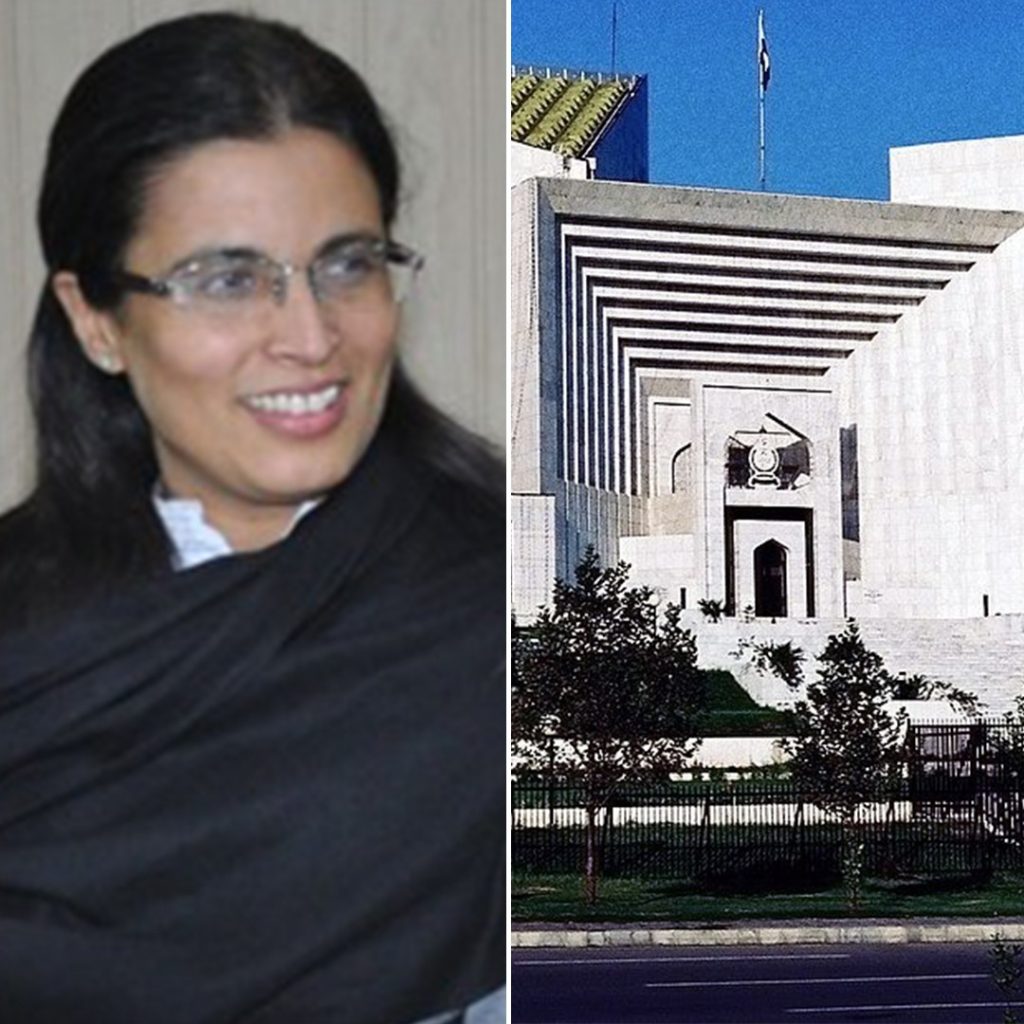September 9, 2021, could have been a historic day for Pakistan had Justice Ayesha Malik of the Lahore High Court (LHC) been elevated to the Supreme Court (SC). Unfortunately, the Judicial Commission of Pakistan (JCP) could not elevate the first woman judge to the country’s highest court due to an equal split in voting with four votes in her favour and four against her elevation. An elevation requires a majority vote by JCP members. Justice Qazi Faez Isa, who is also part of the JCP, could not attend the meeting as he was out of the country for his wife’s medical treatment. He could have voted in writing or through a video link.
According to the Human Rights Watch (HRW), Pakistan is the only nation in South Asia to have never had a female Supreme Court judge. HRW also says that only about four percent of Pakistan’s High Court judges are women. “Of the 3,005 Pakistani judges in the lower and higher courts, only 519 – or 17 percent – are women.”
It just shows how — like other professions in the country — the legal fraternity, too, suffers from gender imbalance and gender inequality. It is unfortunate that an institution that has to dispense justice to society is bereft of doing justice to the women in the legal fraternity. If a woman judge cannot make it to our top court, how are we to expect a just system for women who face extensive abuse in the country? When there is so much sexism in the country, so much misogyny all around us, a woman making it to our top court would have given us some confidence in our systems, in our institutions. It is a sad reflection of our society that when it comes to equal participation of women in courts, men get to decide their fate. Not one single member of the JCP is a woman. The decision-making for such high offices is left in the hands of a few men.
Some in the legal fraternity say that the process of judges’ appointments is problematic and should be more transparent instead of a pick and choose a principle that is being applied at the moment. We hope that the judiciary and bars and the legal fraternity will address these issues, resolve them and also make sure that women are equally represented in Bars as well as the judiciary. And we hope that Justice Ayesha Malik will be nominated again to the apex court. It is the 21st century and our judiciary should not be seen as a boy’s club. More power to Justice Ayesha Malik!







